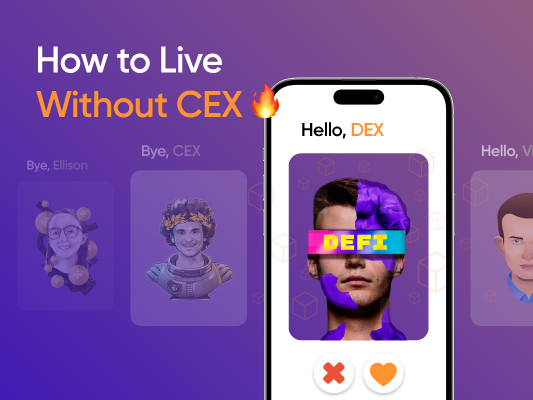
Living without CEX can be frustrating, right? Well, it might not be as tough as you might think. In fact, you might just forget about it after a while.&
Not convinced yet? In this article, we'll highlight the differences between centralized and decentralized exchanges, as well as explore how to navigate the ecosystem while practicing abstinence from centralized exchanges. Let's jump in!
CEX vs. DEX: What's the Difference?
Centralized exchanges have been the backbone of the crypto industry for years. However, it appears that they have also become one of the most prominent points of failure in the crypto ecosystem.&
The FTX collapse showed that CeFi brings many uncertainties to the game. Now more than ever, crypto enthusiasts are moving away from CeFi and toward DeFi. Before we start, let’s define the two types of exchanges first.&
Centralized exchanges (CEXs) are currently the most popular platforms for buying and selling cryptocurrencies. While they are easy to use, offer a wide variety of features and support numerous payment gateways, they are also potentially very risky.
Decentralized exchanges (DEXs), on the other hand, are newer and becoming increasingly popular. These exchanges are much safer than CEXs, they aren't as vulnerable to attacks. DEXs also offer a variety of features and are easy to use.
The main differences between centralized and decentralized exchanges come in the form of:
- Security: CEXs are much more vulnerable to attacks, because they are centralized. This means that all the funds stored on the exchange are in one place, making them an easier target for hackers. The funds are also held by the exchange rather than the users, making misuse of funds much more likely. DEXs are decentralized, meaning the funds are stored in individual users' wallets rather than on the exchange itself. This makes them much less vulnerable to attack.
- Features: CEXs offer a wide variety of features and investment options. DEXs, on the other hand, offer fewer features but are much safer. That being said, decentralized exchanges have greatly improved in the past months and years, and have introduced a variety of features, narrowing the gap between the two.
- Ease of use: CEXs are generally considered much easier to use than DEXs. This is because they have been around for longer and because they use a system similar to regular markets. DEXs are becoming more popular, however, and much easier to use.
- The ability to get into crypto: The main value proposition of centralized exchanges is that they're the primary gateway into crypto. However, people have more options when it comes to buying crypto with their fiat now, with numerous web3 platforms offering fiat-to-crypto gateways.

Centralized Exchange (CEX)
CEXs work similarly to what you would see on the stock market: They use the order book method.
An order book is an electronic ledger that coordinates the buying and selling orders on a specific exchange. Every centralized crypto exchange includes an order book, but, as we will see, order books can be slightly different depending on the CEX. Every order book comprises:
- Bids, or buying orders
- Asks, or selling orders&
- The price at which the orders are placed
- The total amount of cryptocurrencies involved
Each crypto pair has a different crypto order book. Order books show all the limit order data. This refers to the orders that traders and investors choose to place at specific target prices. Users can also use market orders, in which case they are filling in the limit orders and taking away liquidity from the market.
CEX: The Good 👍
Centralized exchanges come with many advantages that set them apart from their decentralized counterparts.
Their main advantage is the fact that they have way more liquidity. Binance, for example, regularly records more than $30 billion in daily trading volumes. This ensures that users can exchange their crypto assets seamlessly at any time, regardless of the size of their order.
Centralized exchanges also offer more payment gateways: They have been the primary way to enter the crypto market for a long time. Most CEXs support credit and debit card purchases, bank card transfers, and more.
Centralized exchanges also offer more features. They are one-stop shops for investors that want to buy crypto, hold it, trade, or invest. Decentralized exchanges are usually more scattered, as they offer a more specialized set of services.
CEX: The Bad 👎
Centralized exchanges come with a few major disadvantages.
Firstly, they are much more vulnerable to attacks than decentralized exchanges. Because all funds are stored in one place, hackers have a greater incentive to try to steal them.
Centralized exchanges are also less secure because the funds are held by the exchange rather than the users. This makes them much more likely to be misused.
Last but not least, the main value proposition of centralized exchanges is that they are the primary gateway into crypto. However, with numerous web3 platforms offering fiat-to-crypto gateways, the main advantage of centralized exchanges is becoming less relevant.
Practising Safe CEX Usage is Important!
The collapse of FTX has raised questions about the safety of centralized crypto exchanges. FTX was the second-largest CEX on the market. Earlier this month, the exchange abruptly announced that it was shutting down, and that users would not be able to withdraw their funds. This has left many investors worried about the safety of their funds on centralized exchanges.
While numerous exchanges are now becoming more transparent and publishing their audited proof of reserves that shows the exchanges’ assets and liabilities, there is still room for customer funds' misuse.&
There have been several cases of centralized exchanges shutting down without warning, leaving investors with no way to access their funds. In most cases, the exchanges have eventually refunded investors. However, there is no guarantee that this will always happen, and investors run the risk of losing their money if an exchange goes bankrupt or shuts down without warning.
Fast Fact
The expression “not your keys, not your coins” refers to the fact that you have complete control over your funds only if you own the keys to your crypto wallet.
Centralized exchanges are also vulnerable to hackers' attacks. In January 2019, Binance suffered a major hack in which 7,000 bitcoins were stolen. This is just one example of many hacks that have occurred on centralized exchanges.
Overall, it is important to be aware of the risks associated with centralized exchanges, and to take steps to protect your funds. It is advisable to keep your funds in a wallet that you control, rather than entrusting them to an exchange. And if you do choose to use a centralized exchange, be sure to only store a small amount of funds there and to take additional security measures such as 2-factor authentication.&
Decentralized Exchange (DEX)
Unlike CEXs, decentralized exchanges (DEXs) work slightly differently. Instead of using the order book method, most DEXs use liquidity pools to regulate crypto asset pricing.&
A liquidity pool is a digital wallet that comprises two cryptocurrencies locked in a smart contract. This results in the creation of liquidity between the cryptocurrency pair to create faster transactions.
One major component of liquidity pools is automated market makers (AMMs). An AMM is a smart contract protocol that uses liquidity pools to allow digital asset trading in an automated way rather than through a traditional market of buyers and sellers. The price of a cryptocurrency is determined through a formula.
Advantages of a DEX
First and foremost, decentralized exchanges are more secure because they are not as vulnerable to hackers' attacks. They don't have a single point of failure, so if one exchange goes down, users can still access their funds on other exchanges. As users are holding their own private keys, there is no risk of a hack targeting numerous wallets at once.
Decentralized exchanges also offer more privacy and censorship resistance than their CEX counterparts. Because all data is stored on the blockchain, it is much harder for governments or hackers to track user activity or interfere with transactions.
And finally, decentralized exchanges are a gateway to decentralized finance and the NFT ecosystem. DEXs allow users to access the world of smart contracts and dApps that provides financial services, including lending, staking and saving products, as well as NFT projects.
Disadvantages of a DEX
One disadvantage of decentralized exchanges is that they can be slightly more difficult to use. They often have a more complex user interface than centralized exchanges, and it can be difficult to find the right order book or liquidity pool.
Another disadvantage is that DEXs are still relatively new and may not have as many features or as much liquidity as centralized exchanges. They also tend to be slower than centralized exchanges. On the positive side, they are quickly improving and offering a more well-rounded set of features.
Finally, decentralized exchanges can be less reliable than centralized exchanges. This is because they are not as well-tested and may have more bugs. While it is true that there is no single point of failure like with CEXs, we've seen numerous DEX exploits that affected the market.
Trading on a DEX
Trading on a DEX is somewhat different from trading on a CEX. Once you connect your wallet, you can choose a blockchain and the cryptocurrency pair you want to work with.
The DEX will calculate the exchange rate of your cryptocurrency, which changes due to fluctuations in the liquidity pool. You can then exchange one cryptocurrency for another.
Pro Tip
When trading on a DEX, make sure to set your slippage to a percentage you are comfortable with.
If, on the other hand, you want to earn passive income, you can act as a liquidity provider to the exchange. However, one thing you have to pay attention to when trading is impermanent loss.
Impermanent loss refers to a moment when the token price change causes your share of the liquidity pool to be worth less than the value of your deposit. This loss is called impermanent because the token price can return to a favorable rate. However, if you decide to pull out your crypto from the liquidity pool, this loss becomes permanent.
DeFi Tracking
Decentralized exchanges act as a gateway to the DeFi industry, where users can participate in various initiatives, help with project funding, or invest their money by staking, yield farming, lending, buying NFTs, and more.
But if you choose to step into the DeFi world, you may come across one major problem: Your funds will be scattered across different platforms!
CoinStats offers a variety of tools to help users track their portfolios, including price graphs, open orders, and market data. You can track your DeFi and NFT portfolio, as well as your CEX or DEX wallets. It is also possible to view your portfolio in different currencies, as well as the distribution of your holdings and profits & losses across different platforms.
Our platform also allows users to compare the performance of their portfolio with that of other users. Seeing how well you are doing compared to others in the community will enable you to draw the right conclusions and fine-tune your investing strategy.
CoinStats is a cryptocurrency portfolio manager platform with over 250,000 monthly active users offering a solution for its customers to track and manage all of their crypto holdings from one interface.&
Check out CoinStats' homepage or download our app for free on the Google Play Store and Apple App Store.

You can get bonuses upto $100 FREE BONUS when you:
💰 Install these recommended apps:
💲 SocialGood - 100% Crypto Back on Everyday Shopping
💲 xPortal - The DeFi For The Next Billion
💲 CryptoTab Browser - Lightweight, fast, and ready to mine!
💰 Register on these recommended exchanges:
🟡 Binance🟡 Bitfinex🟡 Bitmart🟡 Bittrex🟡 Bitget
🟡 CoinEx🟡 Crypto.com🟡 Gate.io🟡 Huobi🟡 Kucoin.




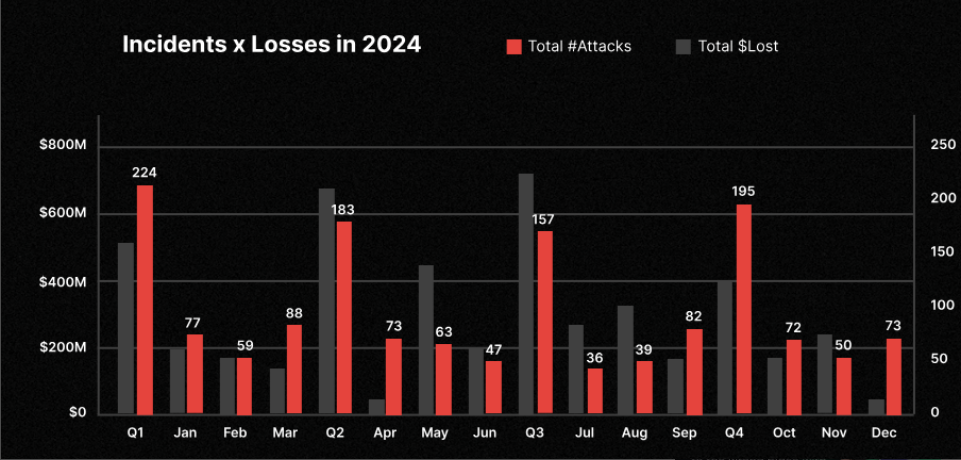
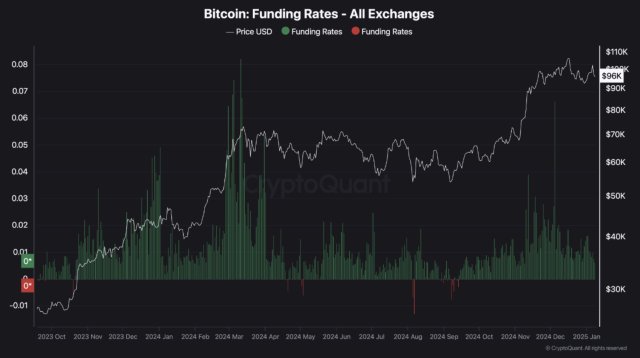




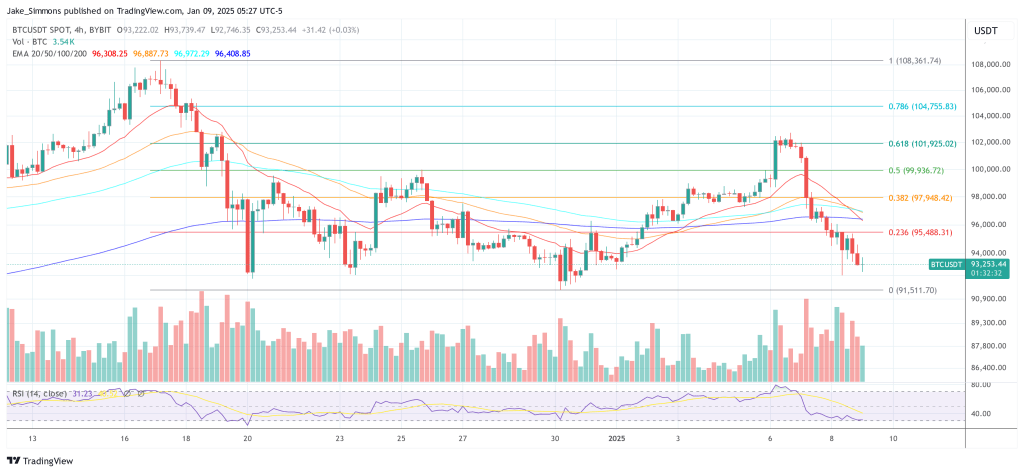


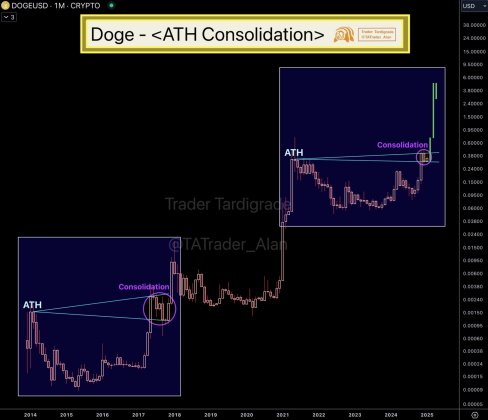


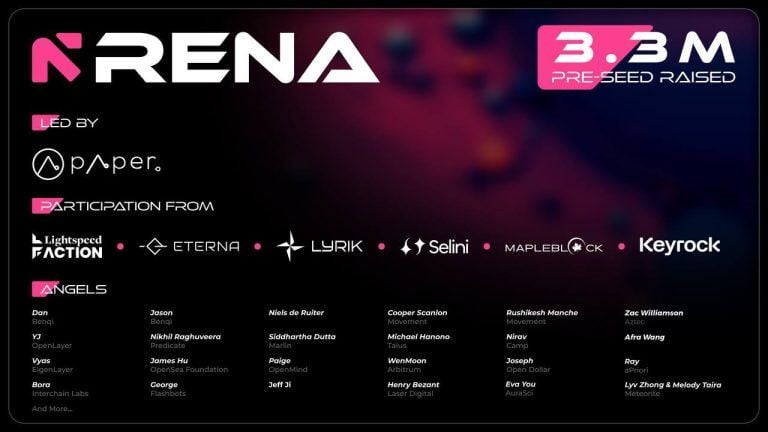
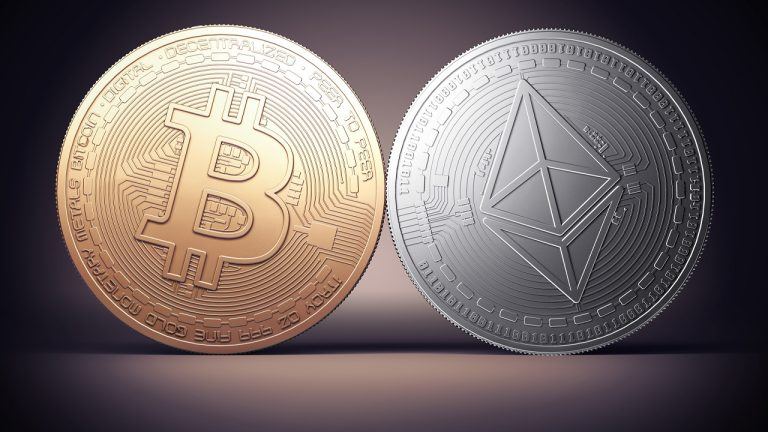


Comments